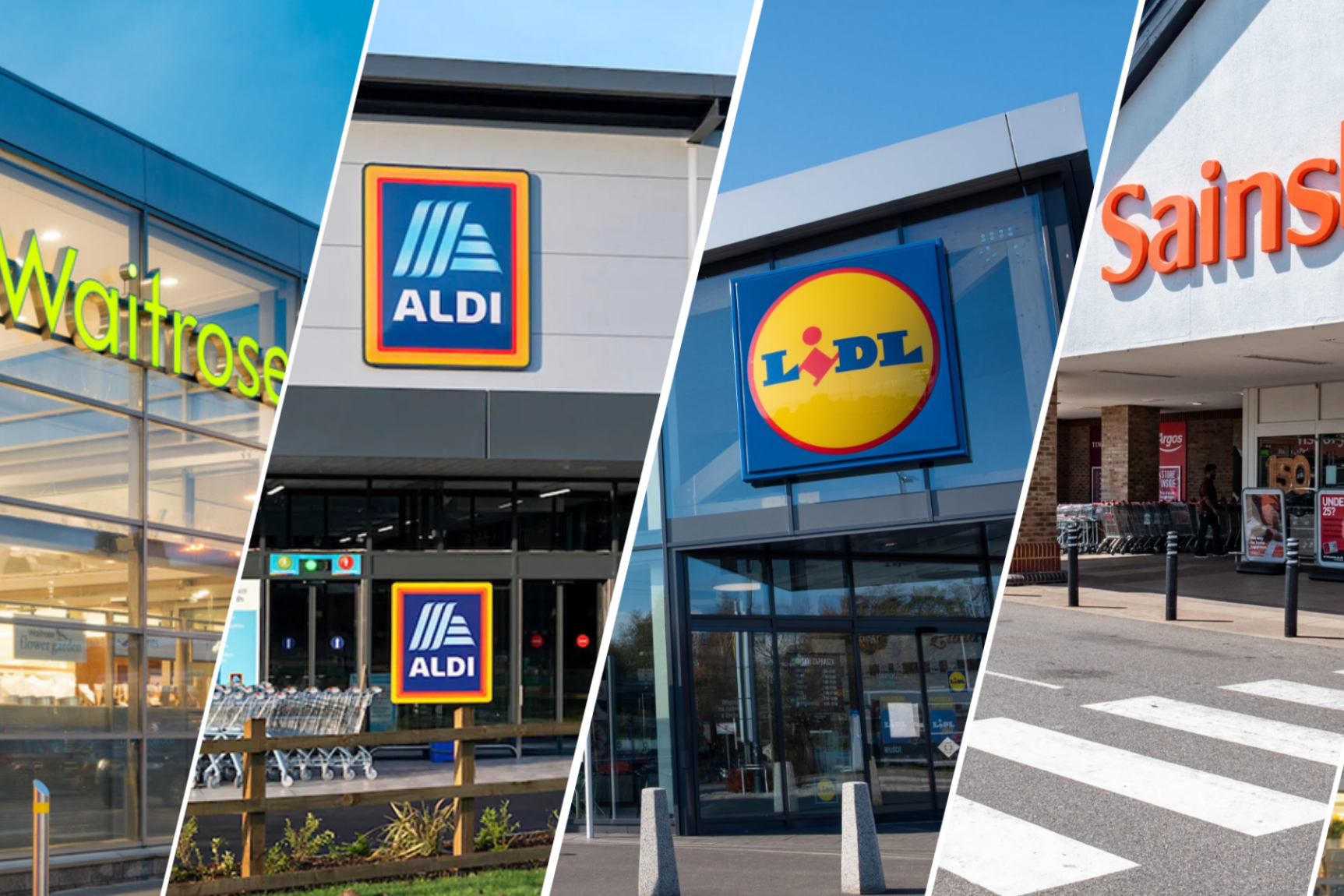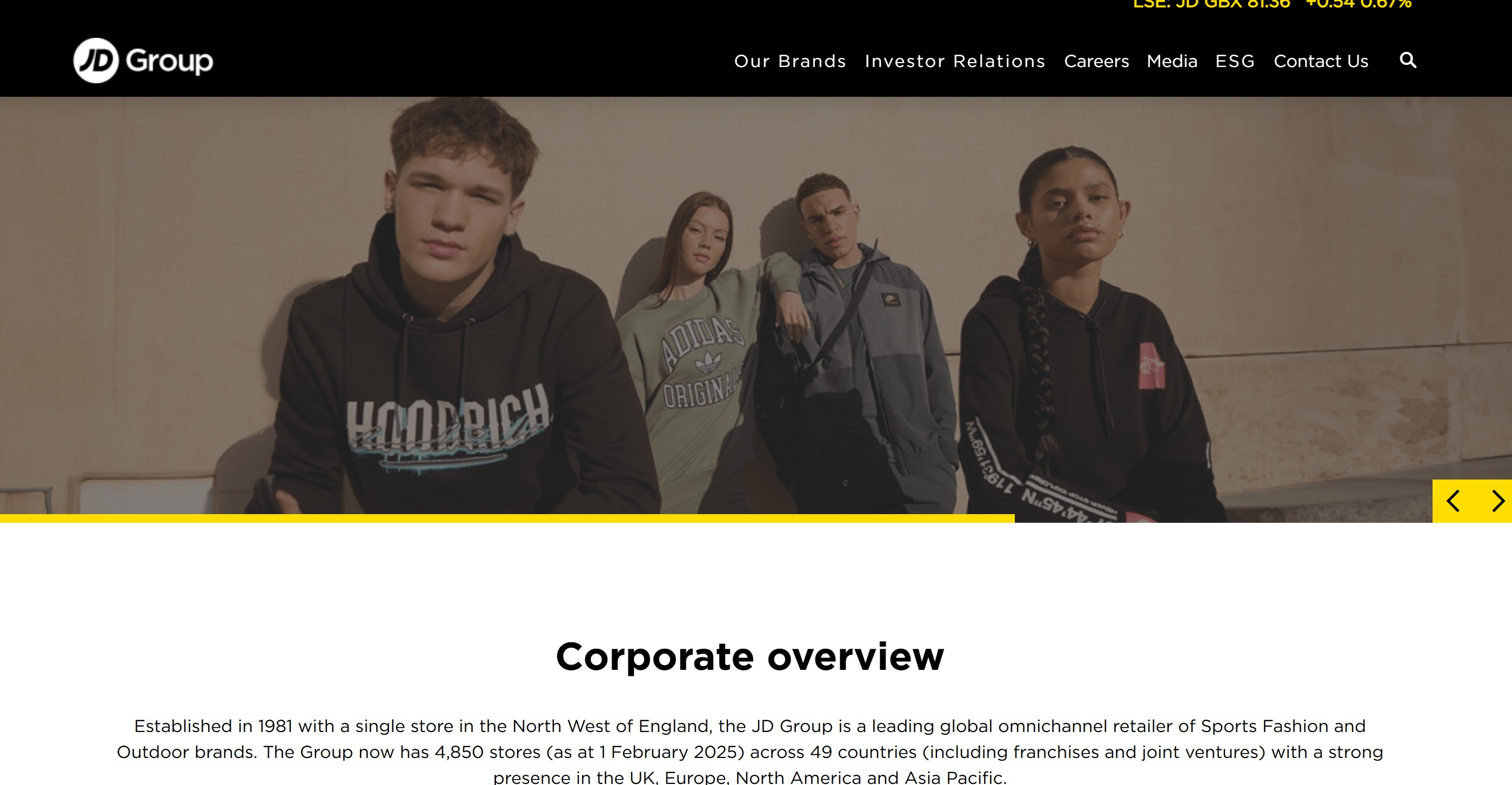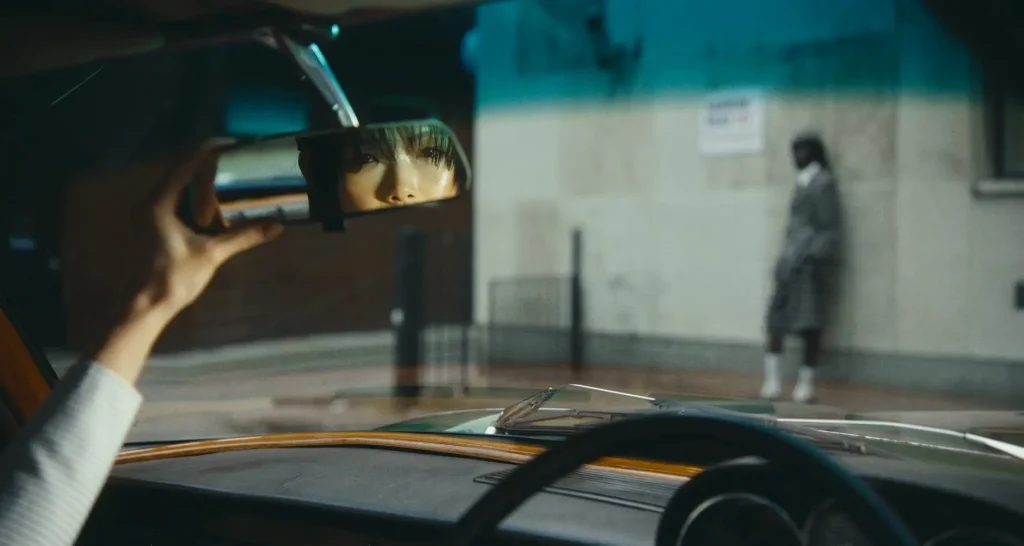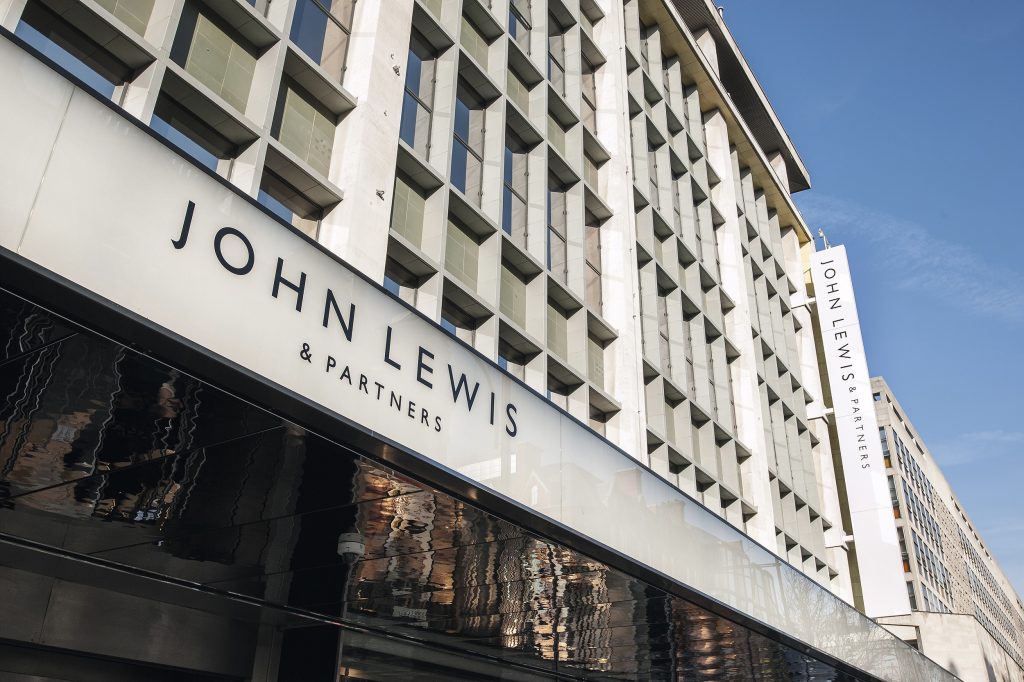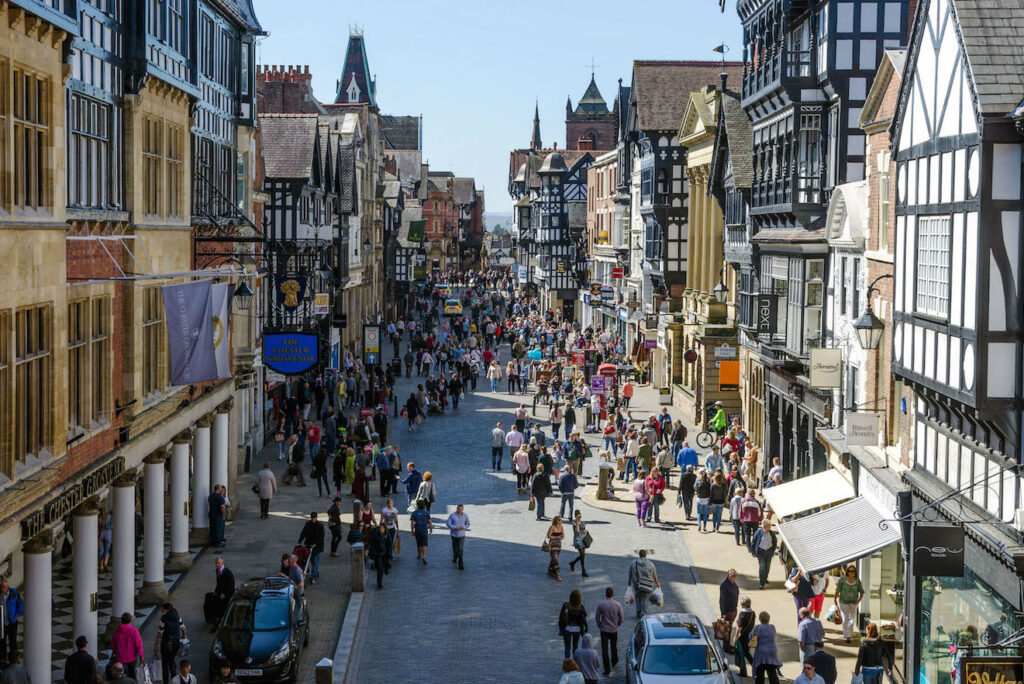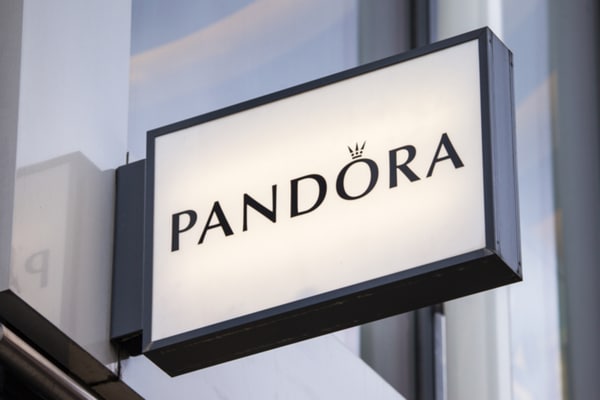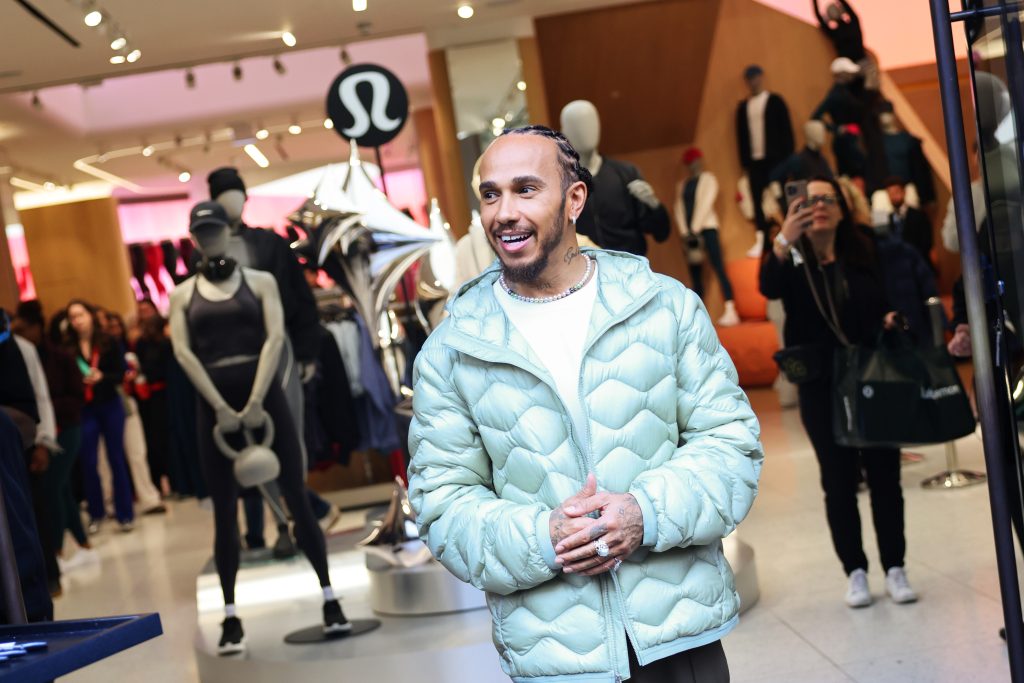So called ‘aspirationals‘ are reported to make up over a third of the UK population based on a Regeneration Consumer Study, a joint project by GlobeScan, SustainAbility and BBMG.
The public soul-searching following the aftermath of the Rana Plaza disaster which tragically killed more than 1,100 people, has thrown UK ethical fashion alternatives into the spotlight with consumers ever more aware of the companies that offer an alternative to high street labels.
Some of the world‘s biggest fashion retailers including H&M, Tesco, Zara, C&A and Primark have been moved to act in order to regain trust from their customers and signed up to a legally binding agreement in May this year. The agreement, which helps to finance and teach fire safety, will help to build improvements in the factories they use in Bangladesh.
The national government in Bangladesh have also agreed to allow the country‘s four million garment workers to form trade unions without permission from factory owners- a major concession to campaigners seeking to raise awareness for widespread reforms to the industry.
It is a big step forward for global retailers who have relied on minimum wages to produce low-price garments for the Western world. But will it be enough to restore trust?
H&M have also taken steps to implement current organic and Better Cotton usage meaning over 140,000 kg of fewer pesticides were used last year. The company also took the admirable step of publishing the details of its factory supply list- something that is in profound contrast to the rest of the industry with the exception of Nike.
Although H&M‘s progress is encouraging, there are plenty of British fashion retailers that have had sustainability and responsibility at the very heart of the company from day one.
The co-founder of Hiut Denim, David Hiut originally began his company to get the people in his town in South Wales back making jeans again. His jeans don‘t come cheap, (prices range from £99 to £230), but David remains confident that he can fulfill his dream to give his town back their employment. “In a recession, quality does extremely well- it‘s the red lipstick effect. People want to buy better,” he said.
The companies aim is to provide a shift in retail consumer behaviour; away from the mind-set of ‘buy cheap and buy lots‘ to the attitude of ‘buy well and buy less‘. Ethical fashion pioneers Elvis and Kresse have made the company on the basis or rescuing materials and turning them into something special. They say they dream of a time without landfill, when everything is recycled or composted. Wacky items they have recycled include fire hoses, reclaimed lining from parachute silk and coffee sack which are used to make items such as belts, iPad covers and handbags.
Kresse Wesling, co-founder of Elvis & Kresse told Retail Gazette: “It‘s our commitment to donating 50 per cent of our profits to charities associated with our wastes, and our backwards approach (start with a waste problem, design the best possible solution for the material vs start with an idea and source a material to realise it) are all unique and all three together make us truly revolutionary.” Wesling adds that she believes that “ethics and environmental commitment will become defining features of luxury brands, not just in the UK but globally.”
Jonathan Mitchell, the founder of online fashion portal Brothers We Stand will use a drop shipping model to bring ethical fashion labels under one roof from October this year. He said: “The high st brands that have signed up to the agreement should be applauded. It is a big step forward. But these brands (Hiut, Elvis and Kresse and Riz Boardshorts) have a desire to act responsibly at the very heart of the company.”
Anusha Couttigane of retail research agency Conlumino, said that people are always looking for something unique and the aspirational b




